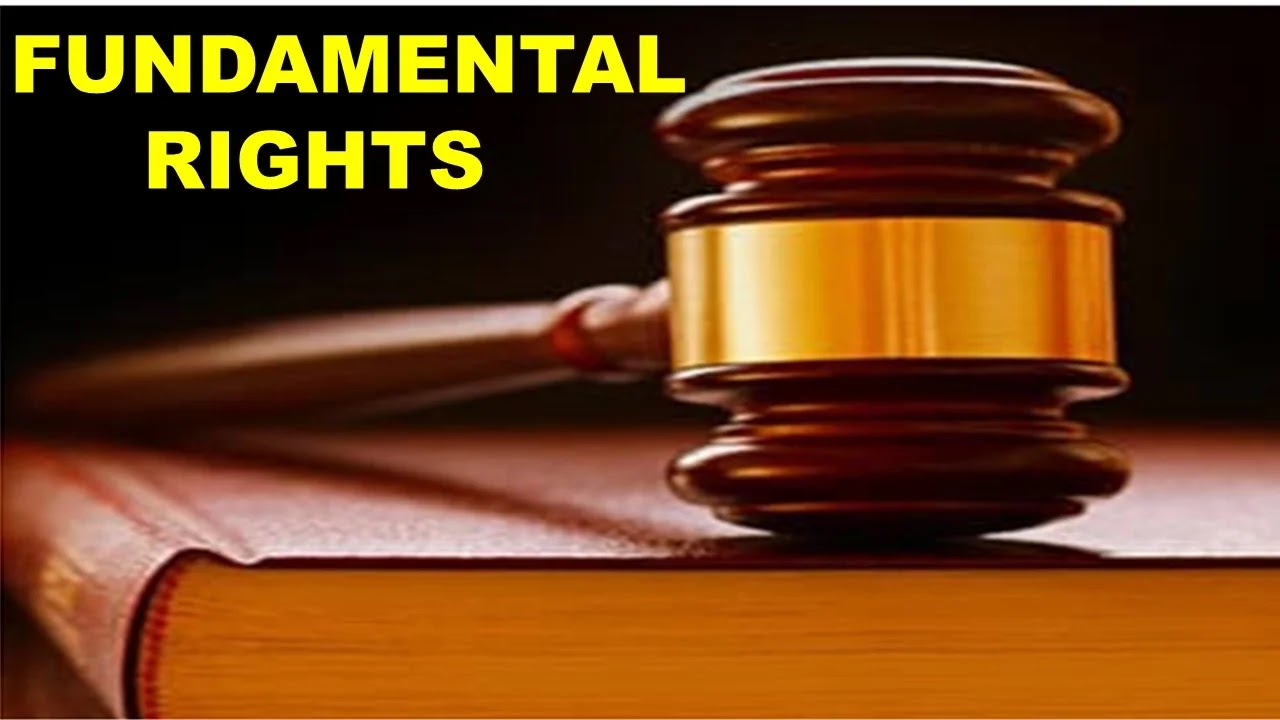The Punjab High Court in I.C.Golaknath v/s State of Punjab (1967 AIR 1643, 1967, SCR (2) 762) (6), held that under Article 368, the Parliament cannot amend the fundamental rights of the citizens. The judgement was presided by an eleven judge bench: Rao, K. Subba Wanchoo, K.N., Hidayatullah, M. & Shah, J.C., Sikri, S.M. & Bachawat, R.S., Ramaswami, V. & Shelat, J.M., Bhargava, Vishishtha & Mitter, G.K. & Vaidyialingam, C.A.
FACTS OF THE CASE:
Under the above reforms being undertaken by the government, the Punjab Government passed the Punjab Security and Land Tenures act, 1962. The government held that the surplus land of the zamindars will be hired by the government. The 500 acres of land of the Golaknath family was planned to be disbursed as 30 acres to be retained with the family and the rest 470 acres to be distributed among the tenants and for socio-economic development.
The Golaknath family filed a petition in court against the decision. The learned counsel for the petitioner contended that the constituent assembly had drafted the constitution of India, which is of a permanent nature. Therefore, any changes to be brough in the basic structure constitution cannot be done by the Parliament. The learned counsel upheld the Doctrine of implied limitation (borrowed from the Weimer Constitution). Implied Limitation upholds that the Parliament can amend anything but cannot alter the basic structure of the constitution.
Further, it was contended that article 19(f) was a fundamental right of the constitution and fundamental rights are the soul of the constitution. The fundamental rights cannot be taken away by the Parliament. The petitioner also argued that Article 368 consists of the procedure to amend the constitution. Nowhere is the right of the Parliament to amend the constitution has been mentioned. The question that arose was whether the Parliament has the absolute power and the power to amend the fundamental rights under the constitution or not?
JUDGEMENT:
The eleven-judge bench of the Supreme Court held that the Parliament could not amend any fundamental rights and this power would only be with a Constituent Assembly. An amendment under Article 386 is law within the meaning of Article 13 and therefore, if an amendment is in contravention of anything in Article 13, it is void. The majority held that the Parliament cannot amend the fundamental rights under Part 3 of the Constitution. The fundamental rights were held as natural rights essential for the growth development of a human being. The judgement thus struck a balance between Article 368 and Article 13 (2). In response, the Parliament passed the 24th Amendment Act, 1971 to amend articles 13 and 368 and nullify the Golaknath judgement.
“PRIME LEGAL is a full-service law firm that has won a National Award and has more than 20 years of experience in an array of sectors and practice areas. Prime legal fall into a category of best law firm, best lawyer, best family lawyer, best divorce lawyer, best divorce law firm, best criminal lawyer, best criminal law firm, best consumer lawyer, best civil lawyer.”
JUDGEMENT REVIEWED BY ARYA THAKUR


